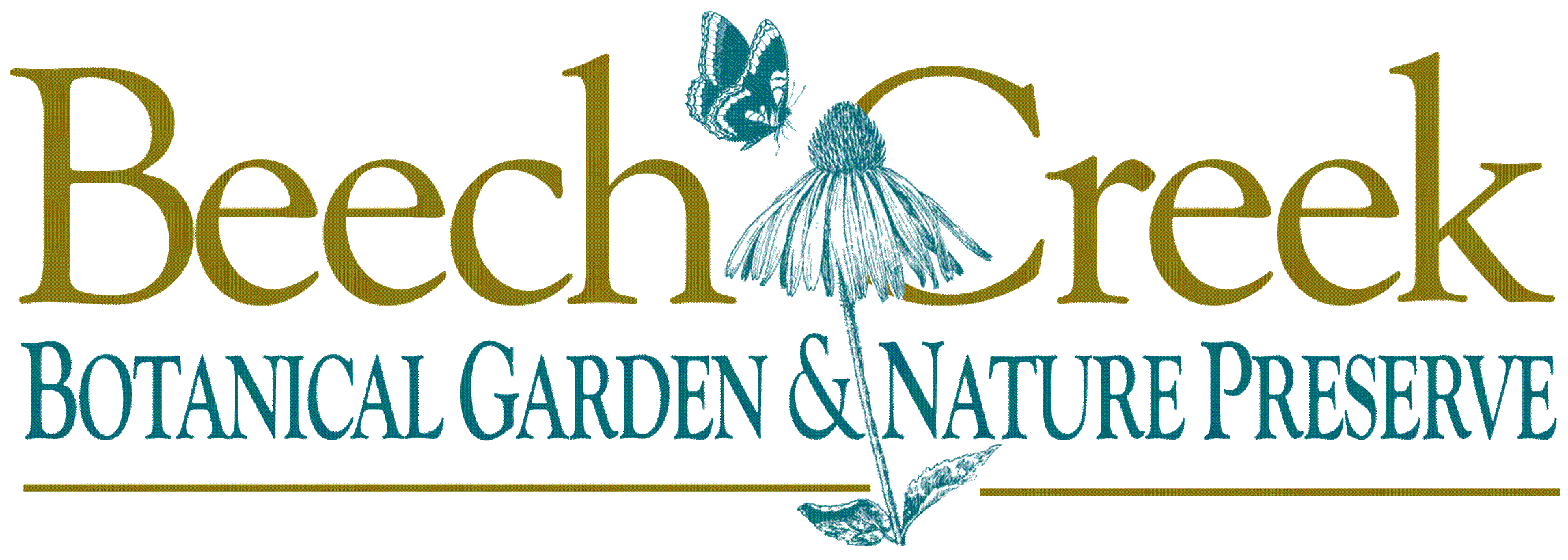
Planned Giving
Leave Your Legacy
Beech Creek Gardens
at
Planned gifts help fulfill our mission and secure our future. In addition, they give you the opportunity to leave your legacy at the Garden.
There are several types of planned gifts to choose from, some of which may provide tax benefits.
We recommend you talk to your estate planner to discuss what type of gift would be best for you.
Interested in planned giving?
Contact us at kaitlyn@beechcreekgardens.org.
Bequests
A bequest is the transfer of cash, securities, or other property through a will or living trust. Bequests can be a specific amount, percentage of your estate, percentage of your residual estate or specific property.
You can decide if you want to support Beech Creek Botanical Garden as a whole or support a specific area or program. A bequest is a private and you may change it at any time.
Giving by bequest costs nothing now, yet it may give you a great deal of satisfaction to know that your future gift will live on.
Retirement Assets
You can name Beech Creek Botanical Garden as the primary or contingent beneficiary on the beneficiary designation form for your retirement plan.
This may be the most tax efficient way to give a gift to Beech Creek Botanical Garden; many retirement assets may be taxable for income and estate tax prior to being paid to an individual beneficiary.
Life Insurance
Consider giving your life insurance policy new life with a charitable purpose. Naming Cleveland Botanical Garden the beneficiary or transferring ownership of your life insurance policy provides you the satisfaction of making a generous donation and leveraging the value of your policy.
Options include:
-
Naming Cleveland Botanical Garden as the beneficiary of an existing policy
-
Transferring ownership of an existing policy
-
Purchasing a new policy naming Cleveland Botanical Garden as the owner and beneficiary and donating premium payments
Charitable Gift Annuity
A Charitable Gift Annuity (CGA) is a contract between the donor and the Garden. In exchange for an irrevocable gift of cash, securities or other assets, the Garden agrees to pay one or two named annuitants a fixed sum each year for life. The rate of payout is based on age and set by the American Council on Gift Annuities.
You provide generous support to the Garden while receiving a steady income stream. You may also realize additional tax benefits.
Charitable Remainder Trust
A Charitable remainder Trust allows you to make a gift to the Garden while retaining the benefit from your assets.
Cash, securities or other property are irrevocably placed in a trust that provides an income to you or other beneficiaries for life or a set period of time.
When the trust ends, the assets of the trust are passed to the Garden. Significant tax benefits may be available through a charitable deduction.
Gift of Securities
Contribute long-term appreciated stocks, bonds or other securities to support the Garden, and in so doing avoid capital gains tax, and receive an immediate tax deduction.
Gift of Real Estate
Donate appreciated property to the Garden, generate an immediate tax deduction, and reduce or eliminate capital gains tax. Real property gifts may include land, income property or a residence.
In the latter case, the donor may choose to remain in the home for their life after the home is deeded to the Garden and still be eligible to receive immediate tax savings.
Gift of Annuity
If you own an annuity this is a great way to provide funds for the Gardens. You can add the non-profit as sole beneficiary of the annuity value, or as a partial beneficiary.
Next Steps
Through Beech Creek Botanical Garden’s partnership with the Greater Alliance Foundation and The Stark Community Foundation, several local professional advisors (estate planning attorneys and CPA's) are available for private consultation with donors who wish to make a planned gift to the Garden.
To explore these possibilities, contact the garden staff at 330-829-7050 or info@beechcreekgardens.org.
